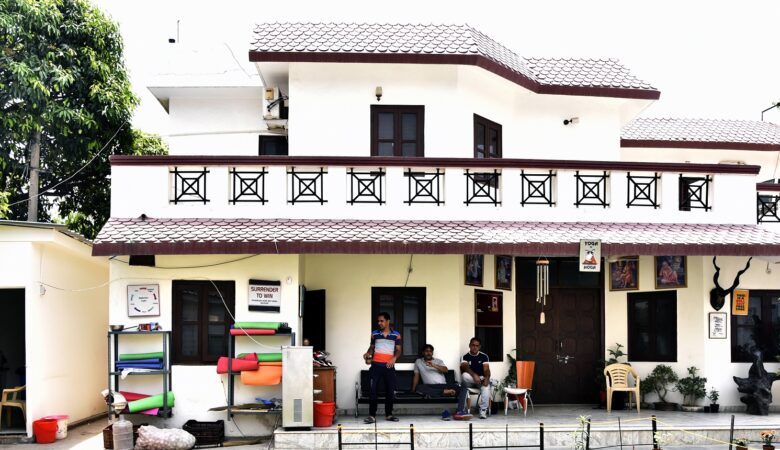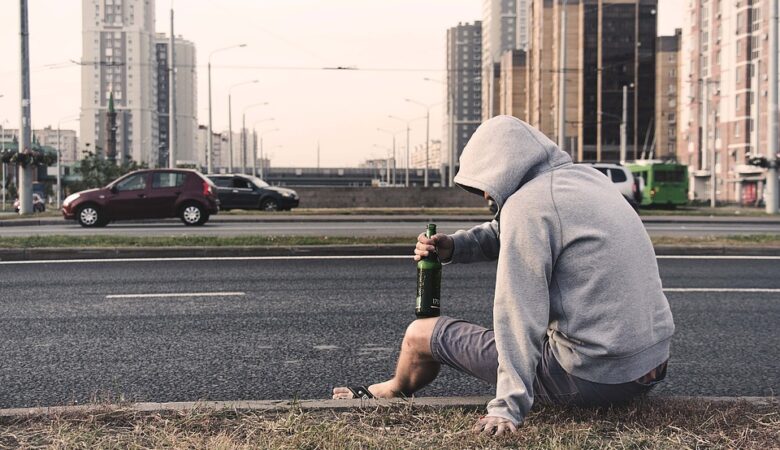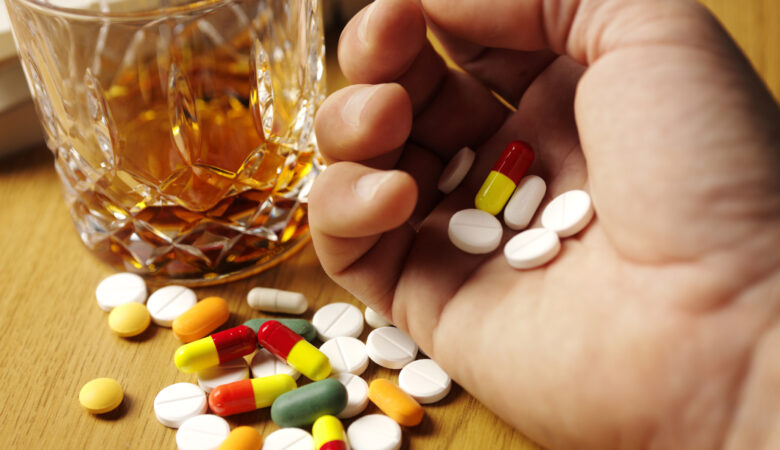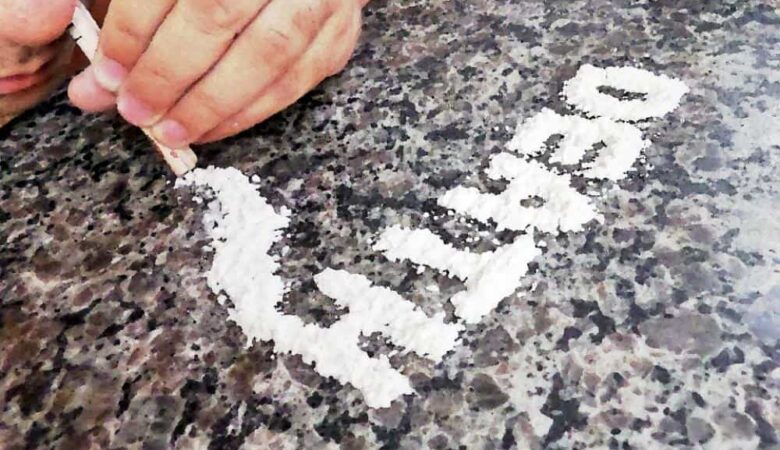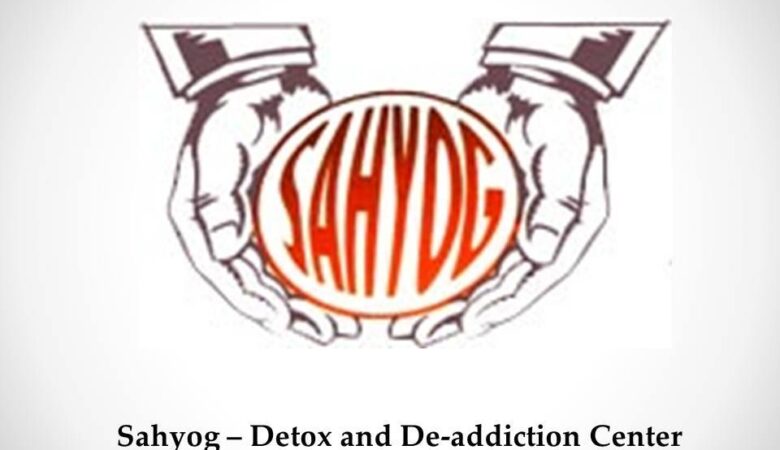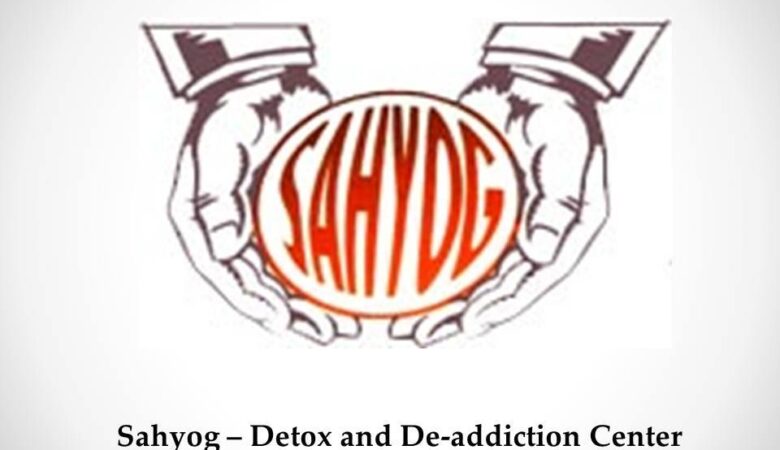Role of a Rehabilitation Center
If you suffer from the disease of alcoholism or addiction you may have tried to quit on your own many times but the nature of the disease is such that you keep going back to it and sometimes you don’t even want to go back to it. It is not difficult to stop, it is difficult to stay stopped. This is where a rehabilitation center can help you. It gives you a guarded environment where just by virtue of staying you will not drink alcohol or use drugs for the duration of your stay. Weather you start drinking alcohol or using drugs again after your discharge is up to you, but the rehabilitation center gives you a firm grounding in Twelve Steps, which you can apply in your life and stay away from alcohol and drugs one day at a time. Alcohol and drugs are not our problem, in fact they are a symptom of our problem. The main problem is always an emotional one. The rehabilitation center can help you deal with the underlying emotional problem as well. In the rehabilitation center you are treated with behavior and group therapy and there is one on one counselling too. Sahyog Detox and De addiction Clinic is the best rehabilitation center in Delhi which has been treating addicts and alcoholics since 2006 and we have an excellent success rate.
